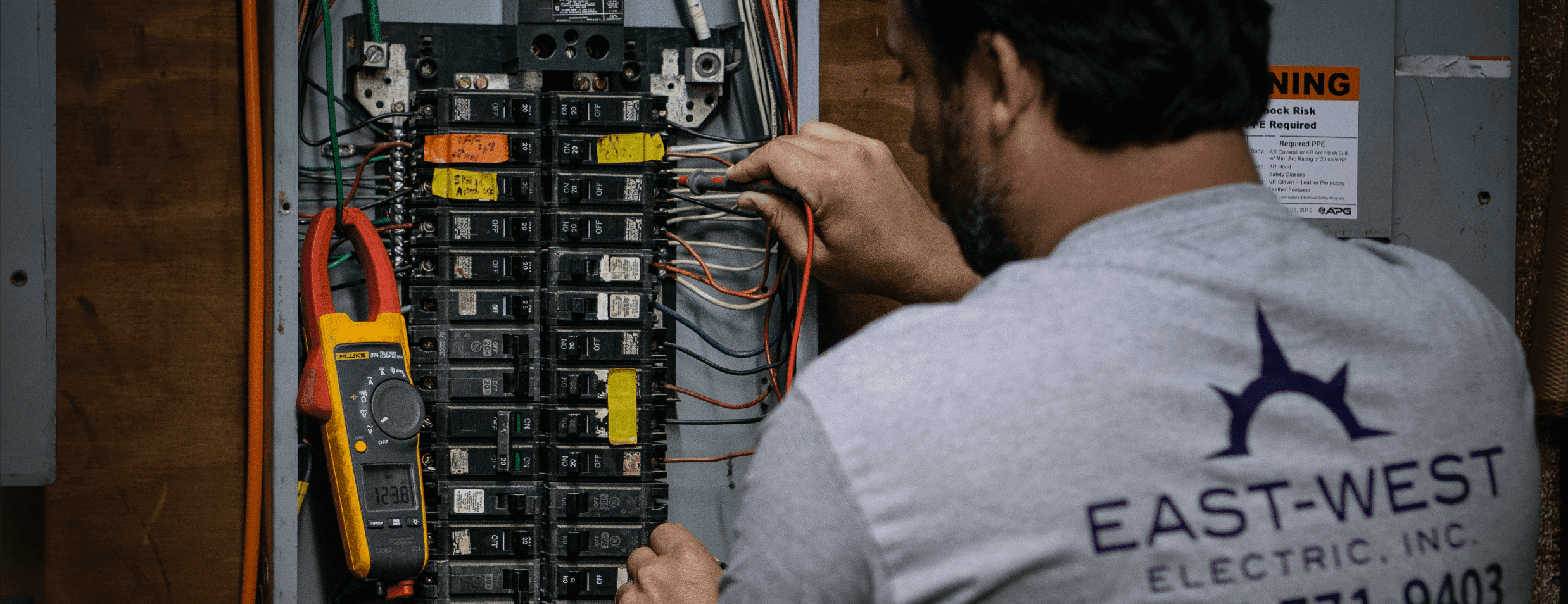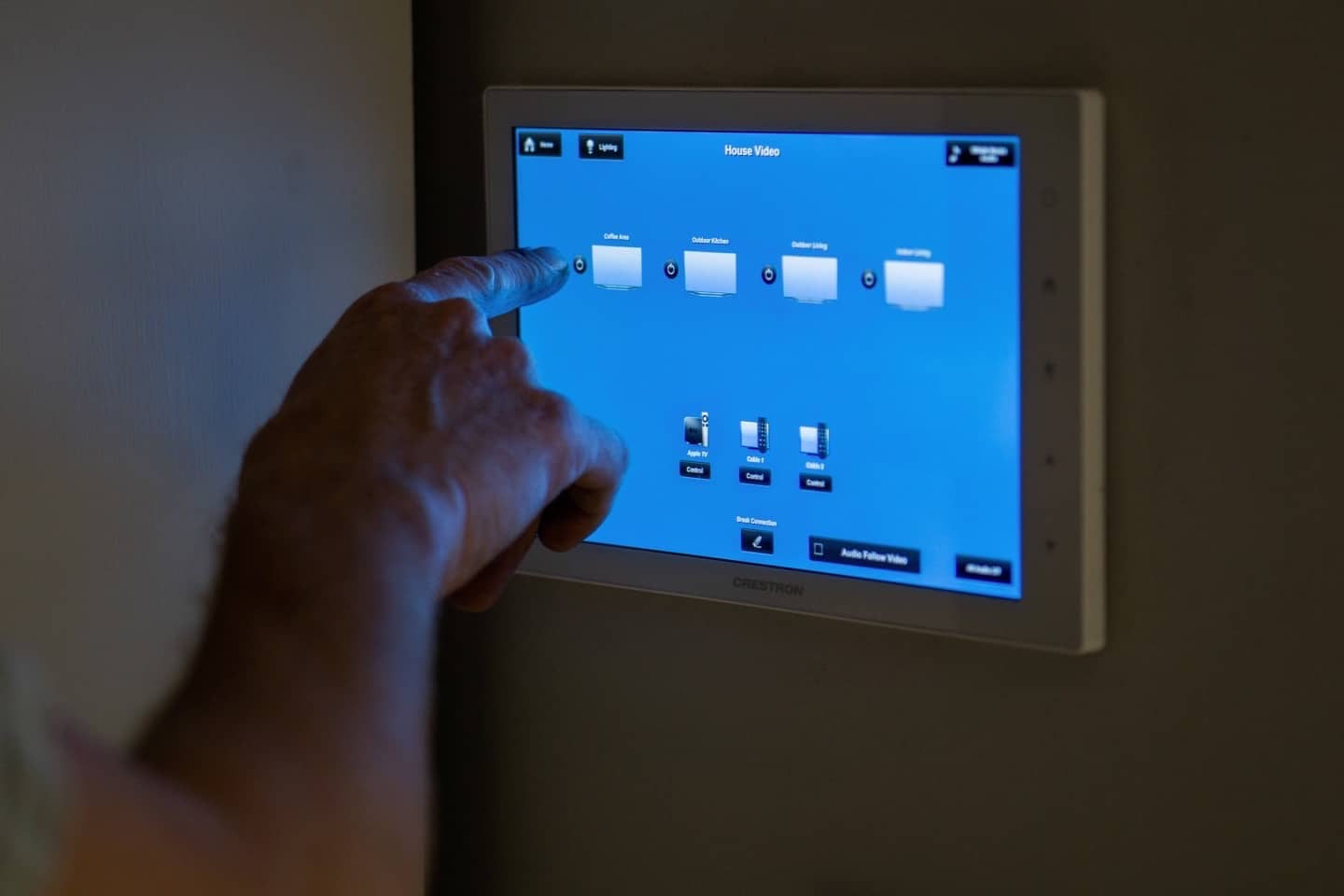A pool in your backyard provides years of unlimited fun for your entire family. Every gathering gets more exciting when there’s a pool on the premises. The sultry Clearwater summer evenings can provide wonderful weather for adults to entertain around the pool, indulging in a late-night swim. There’s nothing more inviting than a pool with the most sparkling pool lights, just waiting for you.
One of the best ways you can enhance your backyard’s poolscape after sundown is by installing pool lights. Pool lights can illuminate the water in a very dazzling way and create a safe environment for night swimming. They can provide security, especially when you have kids out and about. But, when your lights start acting up and dimming, flickering, cutting on and off, or just going off for no reason, you need to determine the cause of the interruption in your pool lighting.
6 Reasons For Dimming Pool Lights
Not all pool light fixes can be simple given the many components involved. Any time there is electricity involved, there is a need to hire a certified electrician. Electrical work should not be a DIY project, especially when water is involved.
However, knowing what the potential causes for dimming pool lights can be can help you understand what kind of work needs to be done. It could be an easy fix, like tightening some loose housing or replacing a light bulb, but it could also be something that requires professional expertise. Here are 6 reasons for dimming pool lights:
#1 Loose Fixture
A very common cause of dimming pool lights is a loose fixture. There are many pool activities that can cause screws to get loose, such as people jumping in and out, or children playing around. Sometimes, the easy fix could be tightening the loose screw with your screwdriver. However, if the screw is stripped, don’t just replace it. There is an O-ring that is used as a gasket for a waterproof seal. This has to be replaced along with the screws.
#2 Leaky Housing
Your pool lights are housed behind a housing gasket and a lens, which have a waterproof seal. This gasket’s rubber can eventually break down. Being exposed to chlorine and other chemicals can erode the waterproof seal and water can get through, causing a short. When water gets through to the housing, your GFCI or breaker may trip. You should call an electrician if this is the case.
#3 Burn-Out Bulb
This may look like an easy fix, replacing the bulb. But, if your bulb is new and it burned out, you should call an electrician. Bulbs burning out before their time means an electrical issue, like faulty wiring or a power surge.
It is a good idea to use LED pool lights to prevent burnout to happen easily.
#4 Overloaded Circuit Breaker
An overloaded circuit breaker can interrupt the electrical flow when it gets overtaxed. If you think the problem is caused by the breaker tripping continuously, you have to contact an electrician. Your breaker is linked to your household wiring as well, so you shouldn’t get it fixed or replaced by anyone but an electrician.
#5 Shock Hazard / GFCI
When the wiring in your pool was installed, it was built with a GFCI. This is installed when there is a risk of shock that is above average. When the GFCI is told of a shock hazard, it will shut down the electrical current to that line. When this happens, call a professional.
#6 Continuity Disruption
When from power surges, degradation of the lines, or any issue, the continued supply of power running to your pool lights might be compromised. This is definitely not a DIY fix. Only an electrician will be able to find the point of interruption in the electrical line.
Swimming Pool Electricians in Clearwater, FL
East-West Electric is a family-owned business serving the Clearwater, FL area. Our knowledgeable and friendly electricians can install, repair, and do maintenance checkups. Whenever you need a licensed electrician in your home, let us help you! We offer residential electrician services and commercial electrical contractor services, including repair, installations, and maintenance. Call us today for a free estimate at (727) 771-9403.






